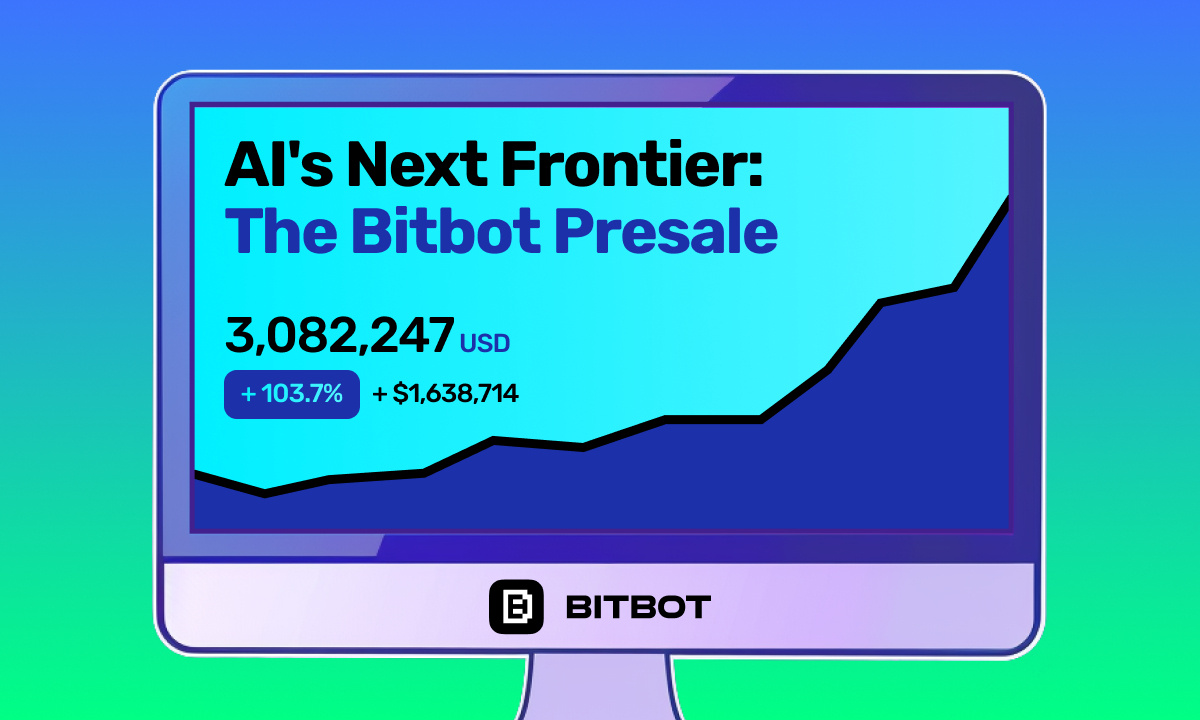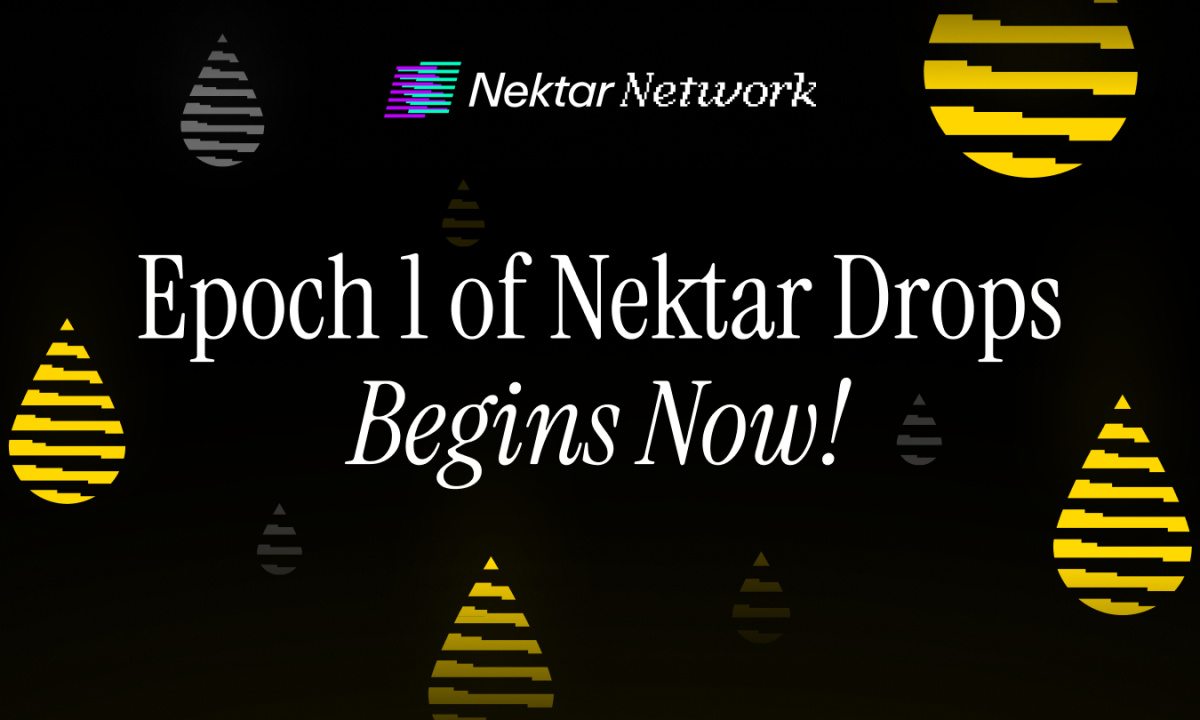Hong Kong’s Crypto Exchanges Grapple with ‘Non-Security Token’ License
Key Points:
- Hong Kong is rolling out a groundbreaking “dual-license” system for virtual asset exchanges.
- This approach encompasses both “security tokens” under existing securities regulations and introduces robust anti-money laundering (AML) measures for “non-security tokens,” effective from June 1, 2023.
- Hong Kong’s regulatory commission acknowledges that criteria for classifying tokens might evolve.
Hong Kong’s approach to regulating virtual asset exchange operators is taking shape as a distinctive “dual license” system, designed to encompass a wide spectrum of virtual assets.
Alongside the established licensing framework under the Securities and Futures Ordinance (SFO) catering to “security tokens,” an additional layer of compliance is being introduced for “non-security tokens” in the form of stringent anti-money laundering (AML) regulations, set to be enforced from the beginning of June 2023.
Under the SFO, virtual asset exchanges dealing with security tokens are required to obtain licenses that comply with the existing securities regulations. Meanwhile, the imminent AML regulations will cover platforms dealing with tokens not falling under the security classification. This comprehensive approach reflects Hong Kong’s commitment to maintaining the integrity of its financial system while nurturing innovation in the virtual asset space.
The Hong Kong Securities Regulatory Commission has emphasized the evolving nature of virtual assets, acknowledging that the parameters for designating “security tokens” and “non-security tokens” might evolve with time. This dynamic perspective has underscored the necessity for a dual license framework to provide flexibility and adaptability to changing market conditions.
Prominent virtual asset trading platforms such as OSL Exchange and HashKey Exchange are in the process of seeking the new license aimed at “non-security tokens.” While their applications are pending, no licenses of this category have been granted yet. This showcases the careful approach of regulators in assessing compliance with the new AML regulations.
Hong Kong’s dual license model has garnered attention as a forward-looking regulatory approach, aiming to accommodate the evolving landscape of virtual assets. Striking a balance between fostering innovation and safeguarding against financial misconduct, this system sets the stage for a robust and adaptable framework that could serve as a benchmark for other jurisdictions navigating the complex terrain of virtual asset exchange regulation.
DISCLAIMER: The information on this website is provided as general market commentary and does not constitute investment advice. We encourage you to do your own research before investing.





















